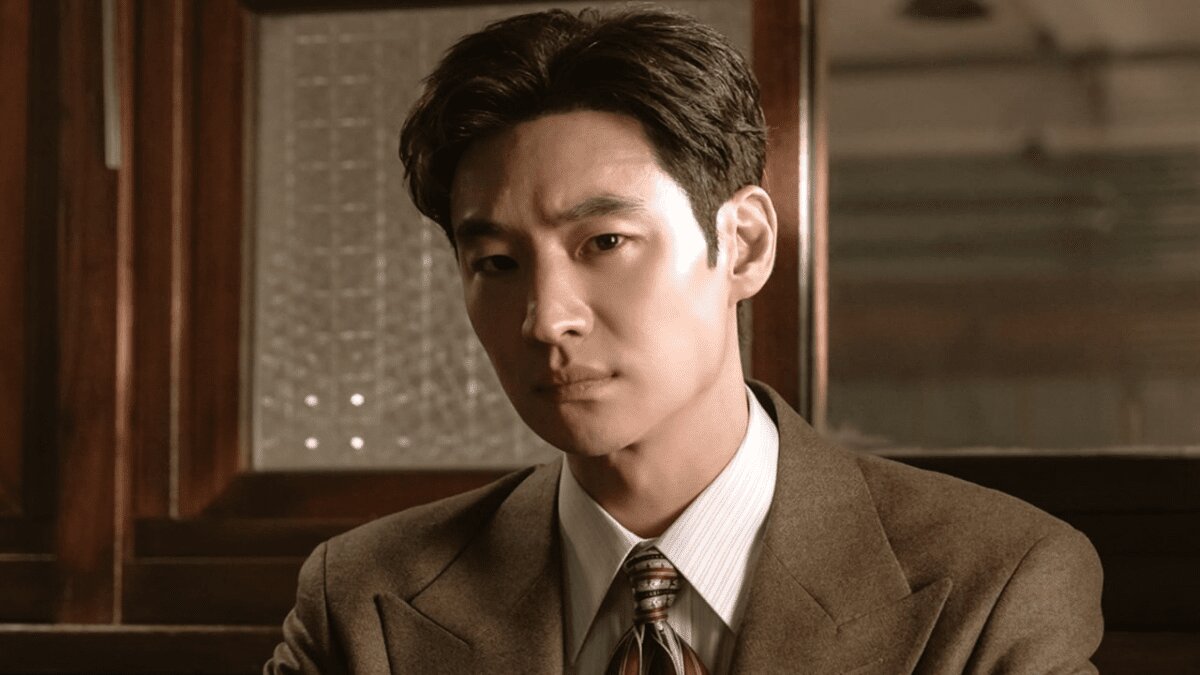In 1997, South Korea faced one of its most devastating financial meltdowns, commonly referred to as the IMF crisis. The collapse shook the very core of the country’s economy, leading to widespread business closures, soaring unemployment, and an erosion of financial stability for many middle-class families. For actor Lee Je Hoon, these events were more than distant national headlines—they were an intimate part of his own upbringing. During a press interview held on June 2 for his new film Big Deal, Lee spoke candidly about how the crisis not only shaped his childhood but also influenced the trajectory of his life and career.
At the time of the economic downturn, Lee Je Hoon was in middle school, living in a family that ran two small businesses—a rice shop and a modest restaurant. Though humble, these ventures had kept the family financially stable. However, like many small businesses during that era, his parents’ stores couldn’t survive the sudden shock of the financial collapse. Within a short span, both businesses had to shut down. Lee vividly recalled the emotional toll of witnessing his father leave the house each morning for day labor jobs, a shift from entrepreneur to daily wage worker that symbolized the stark decline in their standard of living. Watching this unfold at such a young age opened Lee’s eyes to the realities of hardship and resilience.
The trauma and maturity that came with that period lingered with him through his formative years. He observed the ripple effects of the crisis not just in his household, but also among neighbors and classmates whose families were similarly impacted. These experiences gave Lee a depth of understanding about struggle and survival, which would later become valuable to his craft as an actor. Interestingly, Lee didn’t initially intend to pursue the performing arts. After high school, he enrolled in Korea University as a Biotechnology major, a path that promised security and respectability. But as time passed, his passion for storytelling grew stronger, prompting him to leave behind the traditional route and enroll in the Korea National University of Arts to study drama. From there, he worked diligently through small indie films before breaking into mainstream cinema and becoming a well-respected figure in the Korean entertainment industry.
Lee’s latest film, Big Deal, takes place during the same economic crisis that disrupted his youth. The movie portrays the high-stakes rivalry between two businessmen fighting for control over South Korea’s national soju industry, all against the volatile backdrop of 1997’s financial collapse. Although fictional in its characters, the film’s setting mirrors the economic instability that defined that era. For Lee Je Hoon, this project felt deeply personal. He described the experience as meaningful and full-circle, explaining that revisiting the trauma of the IMF crisis through the lens of fiction allowed him to reflect on his own journey and honor the resilience that emerged from those dark times.


